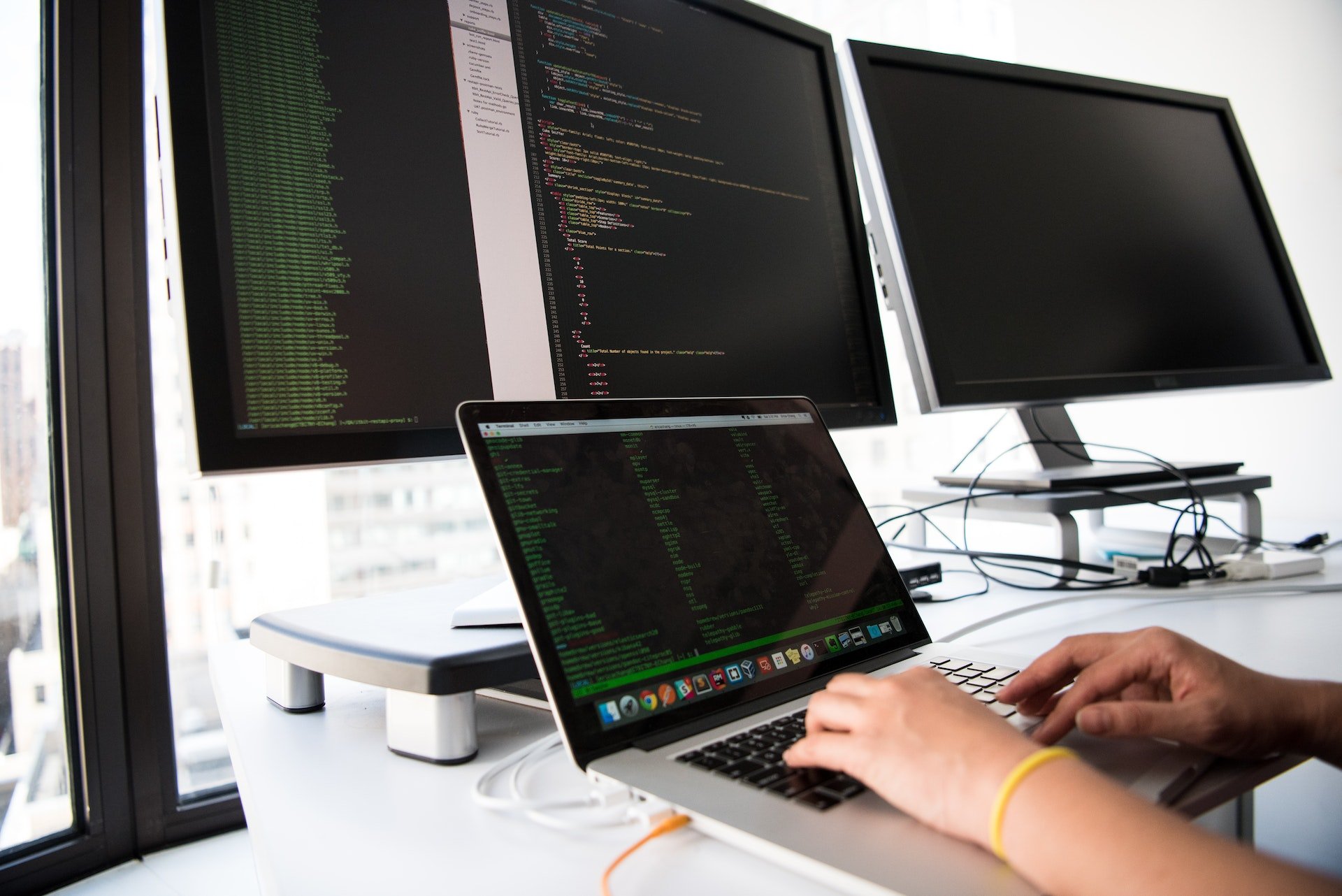The Illusion of Productivity: Exploring the Negative Impact of Multitasking on Brain and Productivity
In today's fast-paced world, everyone seems to be juggling multiple tasks simultaneously, aiming to achieve maximum productivity. Multitasking, also known as split tasking, has become normalized and even celebrated. However, studies suggest that this widely embraced practice may be more detrimental than advantageous to our brain functionalities and overall productivity. So, let's delve into the hidden costs and negative impact of multitasking on our cognitive abilities and efficiency.
The Myth of Efficiency
Often, multitasking is seen as a pathway to accomplishing more in less time. However, the human brain is not designed to handle multiple tasks simultaneously. While it may seem like we are efficiently multitasking, what actually happens is our brain switches rapidly between tasks, leading to a phenomenon called "task-switching cost." This switching process consumes valuable time and cognitive resources, ultimately slowing us down.
Reduced Focus and Attention Span
When we split our attention between multiple tasks, it becomes virtually impossible to focus deeply on any one of them. Studies reveal that this constant divided attention impacts our ability to concentrate and absorb information effectively. Our brain struggles to filter out irrelevant details, resulting in decreased overall performance and understanding.
Deteriorating Memory
Multitasking also negatively impacts our memory retention and recall abilities. Studies have shown that switching between tasks disrupts the consolidation process of information in our brain, making it harder for us to retain what we have learned or experienced. Consequently, multitaskers often find themselves forgetting important details or struggling to recall crucial information.
Decreased Cognitive Flexibility
The constant urge to multitask can hinder our brain's ability to adapt and switch between tasks efficiently. Our brain requires time to transition between different mental frameworks and adjust its focus. By constantly dividing attention, we impair the brain's cognitive flexibility, leading to reduced problem-solving skills and creativity.
Heightened Stress and Burnout
Multitasking places a significant mental burden on individuals, leading to increased stress levels. When we attempt to handle multiple tasks simultaneously, studies have shown that we experience higher levels of stress hormones such as cortisol, which can have long-term detrimental effects on our overall well-being. This stress can eventually lead to burnout, impacting our overall productivity and mental health.
In a society that glorifies productivity, multitasking seems like the ideal solution. However, the reality of its negative impact on our brain and productivity cannot be ignored. Through studies, we have gained insights into the hidden costs of multitasking, enabling us to make informed decisions to regain focus, promote deep work, and reclaim our cognitive abilities.
It's essential to recognize that the tasks we often multitask are often tasks that could potentially be automated or eliminated altogether. By leveraging technology and streamlining our workflows, we can eliminate the need for split attention and free up valuable mental resources.
If you find yourself struggling with an overload of tasks and the temptation to multitask, I invite you to get in touch with me. Together, we can explore ways to automate repetitive tasks, optimize your workflow, and establish a more productive and focused approach to your work.
Remember, your brain is a powerful tool that needs nurturing and support to function at its best. Let's break free from the multitasking trap and unlock your true potential.

